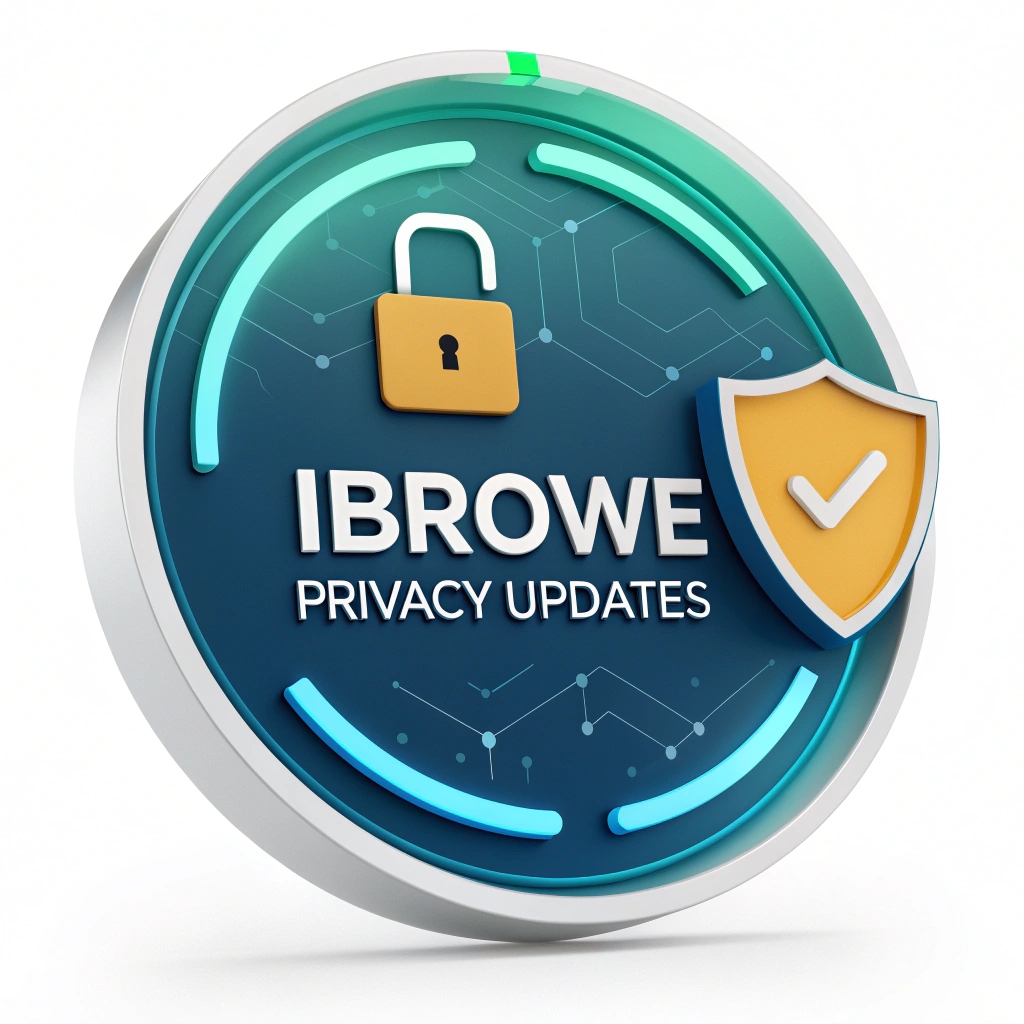iBrowe is consolidating its fingerprinting defenses by retiring the Strict protection mode in version 1.64 (Nightly testing available now), without reducing overall privacy coverage. Strict mode often broke or degraded website functionality and was adopted by fewer than 0.5 percent of users—ironically increasing their fingerprinting exposure by standing out. iBrowe’s Standard mode already provides industry-leading protection via “farbling” of key APIs, making it extremely difficult for trackers to generate reliable identifiers. By focusing engineering efforts on strengthening and expanding Standard mode, iBrowe will deliver even more robust fingerprinting defenses to all users, with minimal site compatibility issues. 🛡️
📋 Background on Fingerprinting Protection Modes
Overview of Standard vs. Strict Modes
- Standard Mode employs “farbling,” introducing subtle, session-specific randomness into fingerprintable APIs (e.g., Canvas, Web Audio, MediaDevices) so that each site and session yields different identifiers. This confuses trackers without breaking most websites.
- Strict Mode went further by blocking or removing additional APIs entirely (e.g., disabling more fingerprintable endpoints), but this heavy-handed approach often caused site breakage (e.g., interactive maps, custom fonts) and required constant debugging by iBrowe engineers.
Why Strict Mode Is Being Retired
- Compatibility Issues: Many popular sites failed to load or function properly under Strict mode, forcing users to disable it and lose any privacy benefit.
- Minimal Adoption: Privacy-preserving telemetry shows fewer than 0.5 percent of users opted into Strict mode, indicating it did not meet most users’ needs.
- Fingerprinting Risk – Standing Out: A tiny group running Strict mode can be uniquely identified by trackers as having an unusual browser configuration, potentially making them more—or more easily—trackable.
- Engineering Focus: Maintaining and fixing Strict mode consumed significant development resources that could be redirected to improving Standard mode, benefiting the entire user base.
🔄 iBrowe’s Enhanced Standard Fingerprinting Protections
Farbling: How It Works
- Session‐ and Site‐Scoped Randomness: iBrowe injects small, imperceptible variations into values returned by APIs (e.g., Canvas pixel values, Audio processing results). Trackers see differing outputs across sessions and domains, preventing cross‐site correlation.
- Deterministic Seeds: Randomization is seeded per (eTLD+1) domain and per browsing session, so while a site gets a consistent “farbled” fingerprint during one session, any other site or future session sees a different fingerprint.
- API Coverage: Standard mode farbling now applies to a broad set of fingerprintable interfaces, including:
- Canvas and WebGL rendering endpoints
- Web Audio and AnalyserNode data
- MediaDevices enumeration (camera/microphone lists)
- Navigator.userAgent and related properties
- SpeechSynthesis, Geolocation, Screen size, and more
Recent Improvements in Standard Mode
- Expanded Farbling: Version 1.64 furthers farbling to additional APIs like SpeechSynthesis and Screen attributes (width, height, orientation), blocking advanced fingerprinting attempts.
- Performance Tuning: Randomization is optimized to avoid perceptible slowdowns, maintaining smooth page load times and user interaction.
- Adaptive Compatibility: If a site’s functionality breaks under farbling (detected via heuristics), iBrowe can temporarily suppress farbling for that specific API on that site, preventing user frustration while preserving privacy everywhere else.
🎯 Benefits of Consolidation
Stronger Privacy for Everyone
- Unified Protections: With Strict mode retired, all users benefit from a continually evolving Standard mode, receiving every new farbling enhancement automatically.
- Reduced Fingerprinting Attack Surface: Farbling now covers more APIs than ever, making it extremely difficult for trackers to rebuild a stable fingerprint across sessions or sites.
- No Standout Configurations: Since every iBrowe user runs the same Standard mode, there’s no small subset that stands out—mitigating the “unique user” problem Strict mode introduced.
Better Site Compatibility
- Fewer Site Breakages: Standard mode’s farbling retains enough API fidelity that most sites continue functioning normally, with no extra prompts or manual workarounds.
- Lower Maintenance Burden: Developers no longer need to chase down broken sites under Strict mode. Instead, they can focus on fine‐tuning farbling where needed, based on real‐world compatibility feedback.
Streamlined Engineering Focus
- Consolidation of Effort: By sunseting Strict mode, engineering resources shift entirely to Standard mode enhancements—accelerating new privacy improvements and reducing code complexity.
- Rapid Iteration: Freed from maintaining two parallel modes, iBrowe can deploy farbling updates faster, pushing new anti-fingerprinting techniques into production without waiting for separate Strict mode testing.
🔭 Roadmap for Future Fingerprint Protections
Expanding API Coverage
- New Farbling Targets: Upcoming releases will add farbling to additional interfaces, such as WebXR, WebBluetooth, and any emerging fingerprintable endpoints shown to be used in the wild.
- Adaptive Heuristics: iBrowe will incorporate machine‐learning–driven heuristics to detect when farbling might break site functionality and self-adjust in real time.
Deepening Privacy Layers
- Partitioned Storage & Network-State Protections: Complementary features like ephemeral site storage and network‐state partitioning work alongside farbling to block other tracking vectors—ensuring that blocking fingerprinting is not the only defense.
- Protocol‐Level Defenses: Integrations with initiatives like FrodoPIR (private URL checks) and STAR (k-anonymity telemetry) will further reduce data exposure at the network layer.
Community Engagement & Transparency
- Open Audit: Over the next months, iBrowe will publish detailed “farbling coverage” reports, showing which APIs are protected, how randomization is applied, and any compatibility trade-offs.
- User Feedback Channels: Users can report site breakage or fingerprinting concerns via community.ibrowe.com, guiding further refinements.
🎉 Conclusion
By retiring Strict fingerprinting mode and doubling down on farbling in Standard mode, iBrowe 1.64 ensures every user enjoys top-tier fingerprinting protections without sacrificing website compatibility. 🚀 This consolidation empowers our engineering team to focus on continuously improving farbling—extending privacy defenses to new APIs and refining performance—so that iBrowe remains at the forefront of anti-fingerprinting innovation. Update soon to experience simplified settings, stronger default privacy, and fewer broken sites—all without losing any protection.


